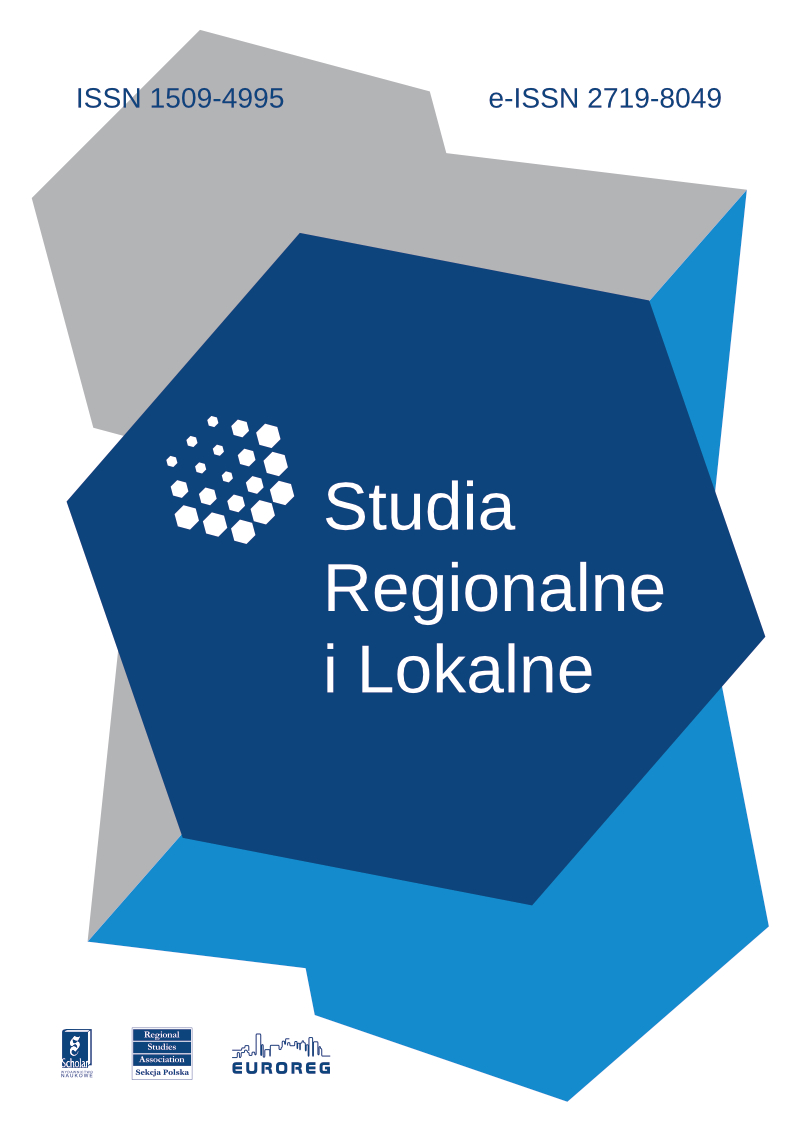Published in
Special Issue on Ukraine/2023

- Teresa Astramowicz-Leyk, Yaryna Turchyn, Olha IvasechkoLabour Migration of Ukrainians to the Warmia-Masuria Province: Current Trends and Key Challenges[more]
- Olha Mulska, Ihor Baranyak, Iryna DemkivModes and Measures of Business Support During Wartime: The Case of the Carpathian Region of Ukraine[more]
- Olena Zayats, Olena Pryiatelchuk, Maryna Korol, Mykola Palinchak, Ihor KorolParticipation in International Integration Associations as a Factor of Ukraine’s Global Competitive Power[more]
- Svitlana Tsymbaliuk, Tetiana ShkodaSocial Partnership on Wage Regulation in Ukraine’s Public Sector[more]
- Oksana Zybareva, Olena Popadiuk, Oksana Yaskal, Ihor YaskalInternal Social Responsibility: An Assessment Based on Official Reporting Data[more]
- Alona RevkoThe Role of Education in the Social Entrepreneurship Ecosystem Development in Poland and Ukraine[more]
- Tetiana Dmytrivna Chubina, Yanina Anatoliivna Fedorenko, Oksana Oleksiivna SpirkinЕnvironmental and Socio-Demographic Consequences of the Chornobyl Nuclear Power Plant Accident: A Historical Retrospective after 36 Years[more]
- Svitlana Babushko, Nataliia OpanasiukDirections for Improving Ukrainian Legislation on Tourism in Post-War Times[more]
- Olexander Kyfyak, Vasyl Kyfyak, Yurii KoroliukInformation Technologies in the Strategy for Tourist Destination Development in the Western Ukrainian Border Regions[more]
- Mykola Palinchak, Kateryna Brenzovych, Viktoriya Mashkara-Choknadiy, Yuriy MayborodaThe Impact of War on the Reorientation of Trade Flows: The Case of Ukraine[more]


